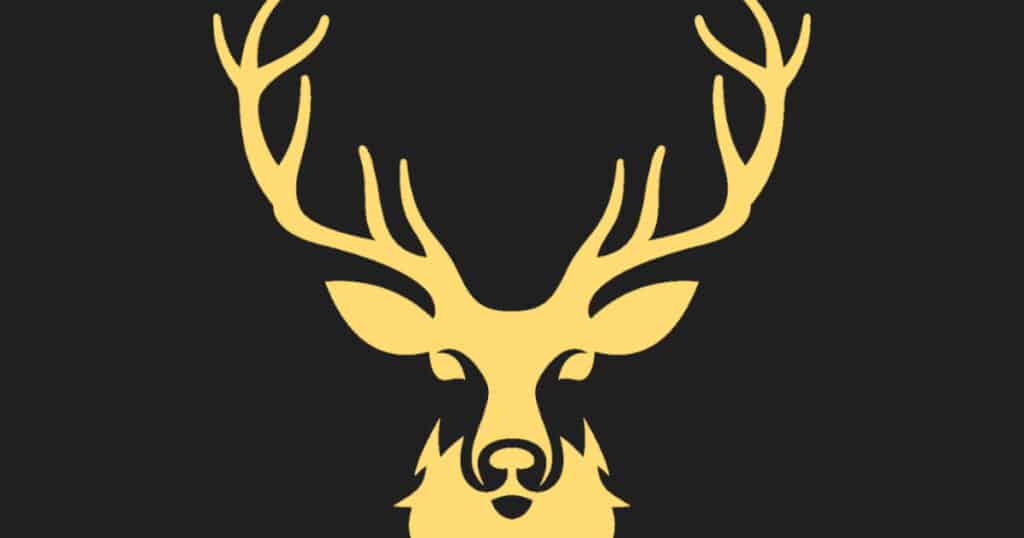The Mahabharata is a collection of hundred Parvas (or ‘sections’) that tell the story of a long-standing family feud between two sets of cousins – the Kauravas and the Pandavas – for control of the Kuru throne in Hastinapur.
The climactic event of the story is an eighteen-day war that happens between the two factions on the battlefield of Kurukshetra.
It is commonly understood that the Pandavas are the protagonists of this tale and the Kauravas the antagonists – though many retellings have appeared over the years that flip this structure.
In this post, we will summarize the Mriga Sapnodbhava Parva.
(For a full summary of the Mahabharata with all hundred Parvas, see Mahabharata Summary: All 100 Parvas Explained.)
A Deer’s Complaint
One day, a short while after Duryodhana has been rescued, Yudhishthir is sleeping at night in the forest of Dwaita when he receives a visit from a herd of deer.
These animals are all weeping, and they come to Yudhishthir with a request.
Joining their hands, they say: ‘We are the deer of Dwaita, O King. We are the ones that are alive after you’ve slaughtered the rest of us. If you do not leave this forest and go elsewhere, we will be exterminated.
‘You and your brothers are all heroes, learned in weapons. You have thinned the population of deer in this forest with your actions. Please leave us alone, and allow us to multiply once again.’
Yudhishthir’s Promise
After waking up from his dream, Yudhishthir is grief-stricken at what he has done. He calls for an immediate meeting with his brothers.
‘Those deer that are still alive after our slaughter of their kind visited me yesterday in a dream,’ he tells them. ‘And they have begged me to leave them alone.
‘There is much truth in what they have said. As kings, we must have compassion for all life forms. We have been feeding indiscriminately on these beasts for one year and eight months!
‘Let us therefore now go to the charming forest of Kamyaka on the banks of the lake Trinavindu. Those woods are also teeming with wild animals and game. We will pass our time there pleasantly.’
The Pandavas Leave
With all the Brahmins that live with them, the Pandavas depart from Dwaita and leave for Kamyaka. This is the same place where they began their exile twelve years ago.
A month or so after they have begun to live here, Vyasa pays them a visit. After hearing his discourses upon aspects of morality, Yudhishthir asks him a question. ‘Between charity and the observance of asceticism, O Sage, which is the bigger and harder virtue?’
Vyasa replies, ‘Charity is something that goes against every human instinct, my child. Men go even to the depths of the seas and to the netherworlds in pursuit of wealth. Some men have been known to risk even their lives for procuring riches.
‘Whether it is land or cows or gold, they give a man status in society, and a chance to be admired by his brothers. So while asceticism has its own difficulties and rewards, it is charity that earns for its practitioner the most merit.
‘But you must remember that not all acts of charity are created equal, O King. Giving away wealth that is hard-earned by honest means is valuable. But ill-gotten possessions do not wash their owner of his sins.
‘Even a small gift given by a pious man to a pious recipient at a pious time will garner more good than an ostentatious gift given by a dishonest man.’
In this connection, Vyasa tells the story of a man named Mudgala.
The Mriga Sapnodbhava Parva ends on this note.
